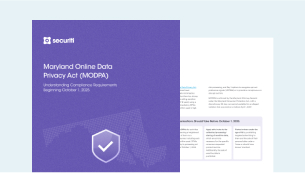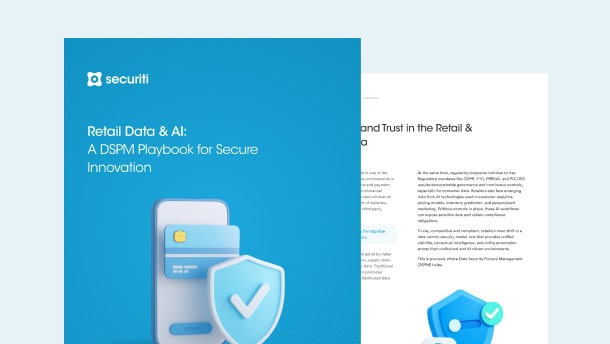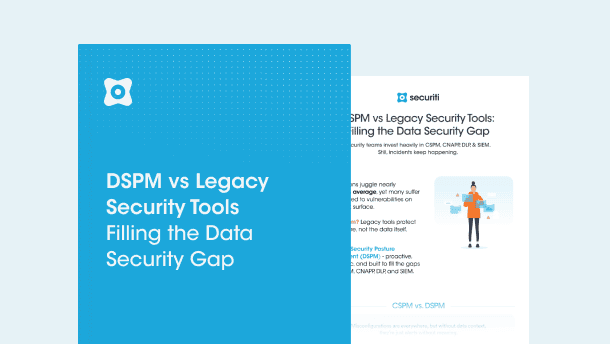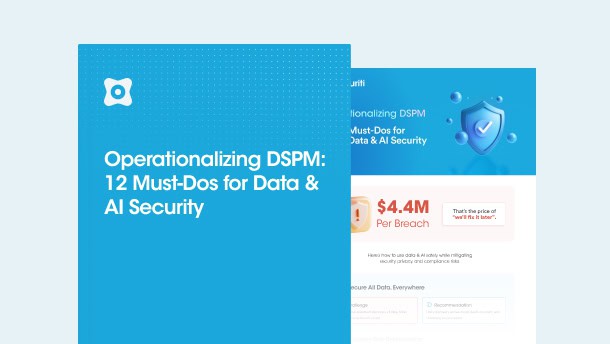The future belongs to Artificial Intelligence (AI). The use of large language learning models (LLMs) is increasing globally, transforming industries and processes. AI has been playing an increasingly crucial role in all spheres of today’s life. As Generative AI gains global traction, adopting laws to tackle emerging risks and challenges is important.
To deal with the innovative challenges around AI, the provincial government of Quebec entrusted the Council of l’innovation du Québec (CIQ) to define the issues and opportunities raised by AI and ensure its ethical and responsible use. Recently, the CIQ issued its final recommendations report titled ‘Ready for AI: Meeting the challenge of responsible development and deployment of AI in Quebec’. While the report also contains 25 complementary recommendations, let’s delve into 12 priority recommendations for now.
Priority Recommendations
The 12 priority recommendations, which aim to develop and use AI responsibly and ethically, have been divided into five main categories. Let's examine these categories and recommendations in more detail.
Category 1: Supervising Artificial Intelligence and Ensuring Agile Governance
The legal framework is considered a basic step for the proper evolution of AI. With the recent technological developments, it became harder for the existing laws to properly govern AI tools. Therefore, countries around the world have been taking concrete interventionist measures to regulate the technology. Similarly, to keep pace with the technological developments Quebec is doing the same. The recommendations by the advisory body regarding the adoption of AI legal framework include:
Recommendation 1
Quebec should launch the work as soon as possible, which would lead to adopting a legal framework specially dedicated to the development and deployment of AI in society.
Recommendation 2
Quebec should delegate the responsibilities to an authority, independent of the executive branch, to ensure the application of the legal framework along with the powers to recommend and develop regulations for its implementation.
Category 2: Anticipate the Changes Included by AI and Adapt Quebec Institutions
Four areas have been identified to be affected by AI: work, democracy, culture, and environment. As AI has enhanced the productivity of the workplace, it comes with the risk of inadequate management and job loss. Therefore, it demands the modernization of labor laws and societies. In a democracy, AI could be a cause of disinformation that would require proactive actions to preserve electoral integrity. With AI, creation and dissemination are also undergoing a change, requiring up-to-date copyright laws for the protection of artists and to enhance the discoverability of cultural content and digital platforms in Quebec. In the environmental context, although AI has been contributing positively to the fight against climate change, the enhanced use of computational power can lead to greater emissions of greenhouse gases. Therefore, it is necessary to conduct assessments of the emission of these gases and contaminated rare metals to mitigate the environmental impacts.
Recommendation 3
Quebec should quickly conduct a review to modernize the labor laws and social policies to ensure that they take into account the rapid technological development of AI.
Quebec is well aware of the importance of training its population about the responsible use of AI. With technological evolution, Quebec has been planning to inform citizens about AI issues, strengthen their critical thinking, and adapt educational programs from kindergarten to university to improve digital and AI literacy. However, educational training alone would not be enough to increase the pool of AI experts. Therefore, it is recommended to set up a training for trainers program to expand the pool of AI experts and specialists. Recommendations regarding training programs to train the nation to benefit from and promote the responsible use of AI include:
Recommendation 4
Quebec should adopt AI teaching programs from kindergarten to university to strengthen the digital and AI literacy of children and students. These programs would increase their ability to use AI effectively and exercise their critical thinking regarding it.
Recommendation 5
Quebec should, without delay, implement a training program for trainers that would allow Quebec International Organizations, college centers for technology, universities, professional orders, and other relevant players to have the essential resources to accelerate the upgrading of AI knowledge among workers and organizations.
Category 4: Propel Research and Development in AI and Make Researchers and Entrepreneurs Responsible Leaders in AI
Quebec has been recognized as an international leader for its AI ecosystem with a diversified pool of industrial, entrepreneurial, and academic players. It is important to strengthen academic research, technological infrastructure, business innovation, and access to Quebec data. The recommendations in this aspect include:
Recommendation 6
Quebec should ensure the excellence of AI research and development by investing in research work, and by mobilizing quality knowledge in various fields of AI. These AI fields relate to the safety of AI, its societal impacts, and conditions for the success of its adoption in society.
Recommendation 7
Quebec should provide consistent support to companies that would help them distinguish themselves in the market by developing market tools such as software, methodologies, or evaluation frameworks. These tools would be used to frame the workings of AI, increase the reliability and safety of this technology, assess the quality or robustness of AI-powered products and services, certify AI systems designed by companies, and more.
Recommendation 8
Quebec should increase access to computing power by supporting local players who develop Quebec’s infrastructure network by actively supporting the creation of an international collaborative AI-dedicated research organization, such as AI CERN, one of whose chapters would be based in Quebec.
Recommendation 9
Quebec should take measures for the development of a high-quality cultural database, in French and indigenous languages.
Recommendation 10
Quebec should develop a national strategy to promote the sharing of data between the private sector, research, civil society, and public administration.
Category 5: Position the Quebec State as a Leader and Model in the Field of AI
Being a pioneer in the adoption of AI, the Quebec government should accelerate the implementation of the AI governance framework while taking into account the recent technological advances by creating a public registry of AI systems and analysis tools for public administration. Along with that, Quebec should define criteria for the development, deployment, and integration of AI for tenders and research support programs. It is also suggested to launch the “AI for Quebec” program to enhance the digital skills of public administration employees and develop recruitment, requalification, training, and support strategies for the responsible use of AI. The recommendations of the advisory body in this regard include:
Recommendation 11
The government should launch the “AI for Quebec” program by allocating a large budget envelope for the responsible planning and implementation of highly strategic AI projects.
Recommendation 12
Quebec should also create a transitional steering committee on AI governance to supervise AI and establish the conditions for its successful integration into society.











































